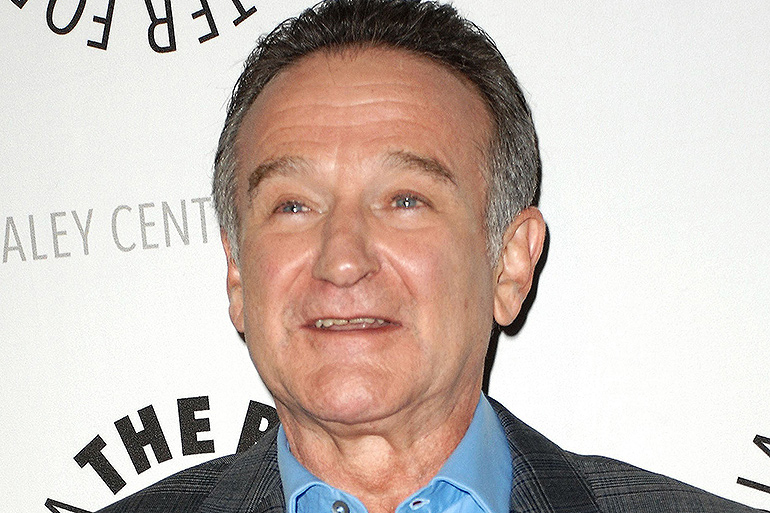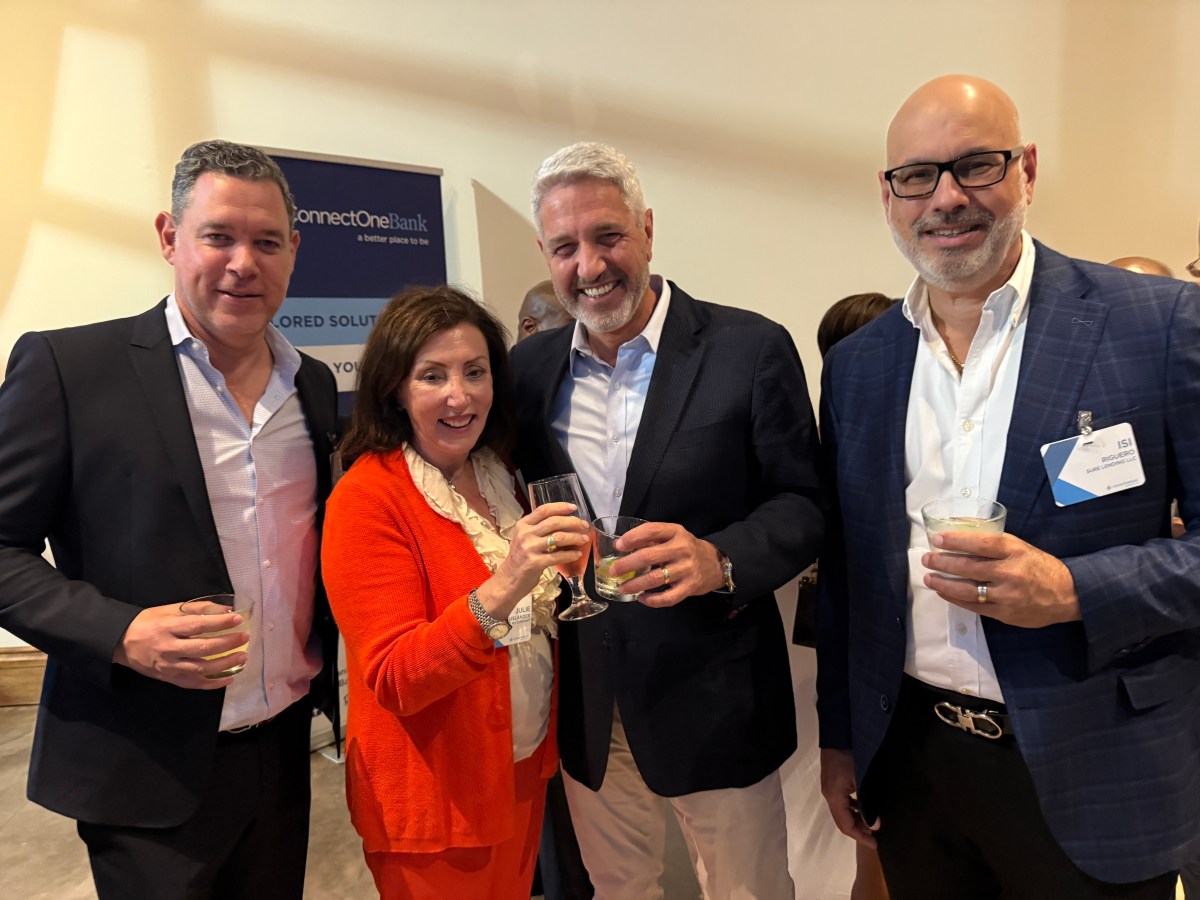Marina Zenovich on 'Robin Williams: Come Inside My Mind'

When Marina Zenovich first moved to New York, she came to the Hamptons for a weekend. She says, “an agent said to me ‘What did you do this weekend?’ and I said I went to East Hampton. He asked where I stayed and I responded ‘a house on Georgica Pond.’ He looks at me, and says ‘it’s all downhill from here.’”
A dubious assertion—Zenovich is back in town at Guild Hall in East Hampton on June 29 at 7 p.m. to show her documentary Robin Williams: Come Inside My Mind (This show is SOLD OUT) as part of the 10th Anniversary of the Hamptons International Film Festival SummerDocs series.
How were you able to find a balance in storytelling to encompass who Robin Williams was on stage, and at home?
That was easier, in a sense, as you can show his manic kind of quick-witted, spontaneous, fast-paced, crazy, intelligent joke-making [and can] know his positive insanity—for a lack of a better word—through his comedy. What was hard was finding him being reflective.
I think he got more reflective as he got older. But it was easy to show the juxtaposition because his comedy was so out there and going 100 miles a minute.
Did you go through the archives first and then interview people?
I never look at it as any of the footage isn’t mine. Even if I didn’t shoot it, it still goes through my editors and the process of putting it in the film. It was Robin, it wasn’t mine, it was him, and we were going through all this material—NPR interviews, television interviews, Playboy interviews with Larry Grobel.
I’m always online looking for more, more, more. Anytime you make a movie, no matter how many you’ve made, it’s like you’re doing it for the first time. And it’s hard, but you just have to put one foot in front of the other, and you need time. You need time to try things.
How long was the whole process from start to finish?
It took a while to get the film going and then we ended up filming and editing over about a year-and-a-half. It was a lot of work, going through all his stand-up routines. And the thing is, as you’re making a movie, you look at footage over again because it speaks to you in a different way five months in, so that’s a fun part of the process—you’re cutting and, you know, I remember something that would go great here.
It’s quite laborious, but it’s amazing, and then when it’s over, just like childbirth—you forget the whole thing!
What was your favorite part of the process?
The editing room is a place where there’s no judgment, no idea is stupid, because you want people to be open, and the beauty of editing is that you riff off each other and you give each other ideas.
There was this moment when we got some audio of Robin saying “Ladies and gentlemen, you’re about to go into the human mind” and I thought, “Oh my God, let’s put that at the beginning of the show,” because we had a hard time figuring out what would go at the beginning.
It was a moment that cracked something, because we wanted to show that the movie was different, that it was special, and that we were going to try to go into Robin Williams’s mind.
How do you go about getting people to talk about the life of Robin Williams, when it had such a bitter end?
It was hard. I actually did a master interview class at Sundance about it. It takes skill. I trained as an actor, so I know how to listen. If people feel that you are really listening, people want to tell their story, so I think that people understood that this was the definitive film on Robin.
You really have to go off of what people are saying—make the person feel comfortable, give them a feeling that they can trust you, try to get them to open their heart.
Robin Williams: Come Inside my Mind screens at at Guild Hall in East Hampton (158 Main Street) on Friday, June 29 at 7 p.m. 631-324-0806, guildhall.org.



